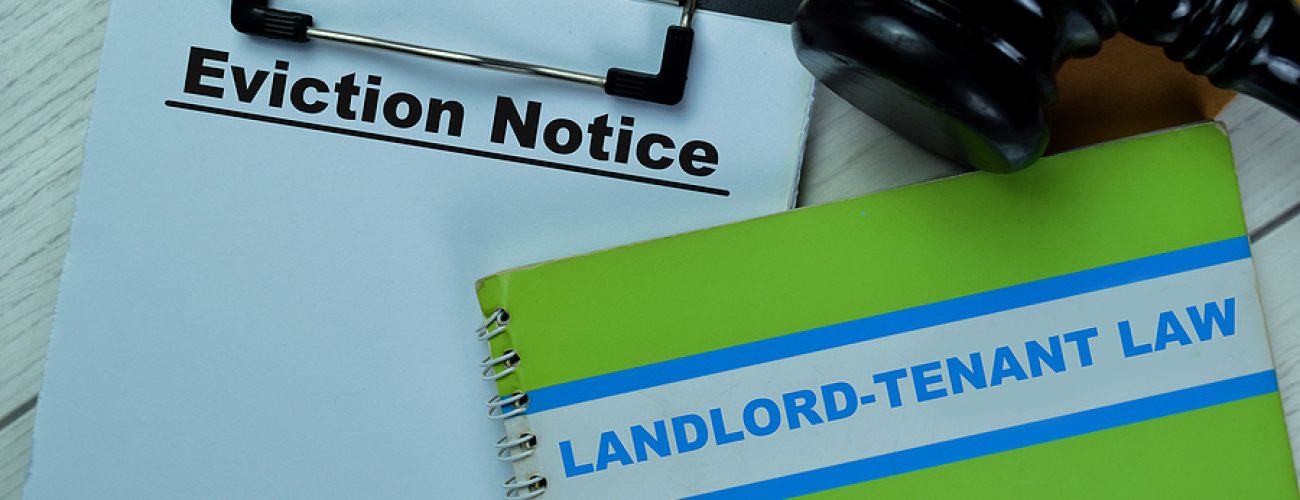Homeowners associations (HOAs) are responsible for managing the upkeep and maintenance of shared spaces in communities. They are generally funded by member dues and are designed to ensure that neighborhoods are kept attractive and orderly. To help make this happen, they will enforce rules for the community to follow.
One of the most serious consequences of failing to comply with HOA regulations is foreclosure. While foreclosure is usually associated with missed mortgage payments, an HOA can foreclose on a home if the owner fails to pay their dues or otherwise violates the association’s rules, and then fails to pay related fines or correct the underlying issue.
Here are some of the common reasons an HOA could foreclose on a homeowner.
- Failure to Pay Dues
Most HOAs require their members to pay monthly or annual dues to cover the costs of maintenance and repairs. If a homeowner fails to pay these dues, the HOA can take legal action to recover the funds. This can include placing a lien on the property, which means that the HOA has a claim on the property until the debt is paid off. If the homeowner still does not pay, the HOA can initiate foreclosure proceedings.
- Continuous Rule Violations
HOAs often have strict guidelines governing the appearance of homes in the community, and the behavior of residents as it relates to the enjoyment of the community by others. This can include rules about paint color, landscaping, and even the type of roof that is allowed. It can also include noise disturbances, improper waste disposal, quantity or size of pets if pets are leashed while in common areas, what can or cannot be flushed down the toilet, and any other behavior that poses the potential to cause damage to property or affects the equal enjoyment of the community by all residents. If a homeowner fails to comply with these guidelines, the HOA can take legal action to force them to make the necessary changes. If the homeowner still does not comply, the HOA can assess fines, which if not paid in a reasonable amount of time, can cause the initiation of collection and foreclosure proceedings.
- Illegal Activity
If a homeowner is engaged in illegal activity on their property, such as drug trafficking or running an unlicensed business, the HOA can take legal action to force them to stop. If the homeowner refuses to comply, the HOA can initiate foreclosure proceedings.
Most HOAs have language in their documents prohibiting any business from being conducted on-premises, as well as Airbnb and short-term rentals. Because the condo documents are legally binding and supported by local and state statutes, any conduct that violates these documents is technically classified as “Illegal Activity.” These documents, legally, must be provided to prospective buyers sometime prior to closing. It is imperative that all individuals purchasing a property in an HOA thoroughly read and familiarize themselves with these documents prior to purchasing a unit.
- Unapproved Rentals
Many HOAs have rules governing the rental of homes in the community. This typically includes restrictions on AirBnb, sub-letting & short-term rentals. If a homeowner rents out their property without approval from the HOA, or in a way contrary to what the governing condo docs permit, the association can take legal action to force them to stop. If the homeowner still does not comply, the HOA can issue fines and eventually initiate foreclosure proceedings.
- Not Cooperating w/ HOA or Management
HOAs are responsible for ensuring that neighborhoods are kept peaceful, orderly, and free of nuisances. The responsibility of the Board of Directors of the Association, and the Property Management Company is to uphold and enforce the legal documents by which the association operates. Their responsibility is also to act in the best interest of the majority of the unit owners, so long as their actions are in line with the governing documents and local laws.
Generally speaking, the association and management company are doing their best to make sure the community is a good place to live, and that everyone has the opportunity to enjoy it equally. They are also granted some discretion when carrying out their duties and enforcing rules. It’s always best to cooperate with them and interact with them in a positive and respectful way, understanding that they are human too, and are by nature much more willing to work with someone who approaches them in a spirit of cooperation and mutual respect rather than as an adversary.
The reality is that the HOA holds a substantial amount of power in ensuring the cooperation of those within its community. In most cases, when an HOA Management Company takes action against a unit owner or tenant, they have a better understanding of the underlying legalities and probably have the law on their side. As such, it is always best to interact with them in a spirit of mutual respect and cooperation in order to ensure the best possible outcome.
This does not however mean that HOA’s or management companies always carry out the law correctly, or that they are always acting with integrity. While not the norm, there are unfortunately plenty of cases of corruption and abuse of power in the HOA Management space. Keep an eye out for future articles for what to do if you feel that you or your HOA has been a victim of this kind of abuse of power. We at Paladin are here to help those victims, fight those battles, and right those wrongs.
In conclusion, it’s important to understand that an HOA has the legal authority to take action if a homeowner fails to comply with their rules. While foreclosure is a serious and more extreme consequence, it is avoidable if homeowners take the time to understand the rules and work with the HOA to address any issues that arise. By communicating with the association and staying up to date on their obligations, homeowners can avoid the unexpected consequences of noncompliance.
